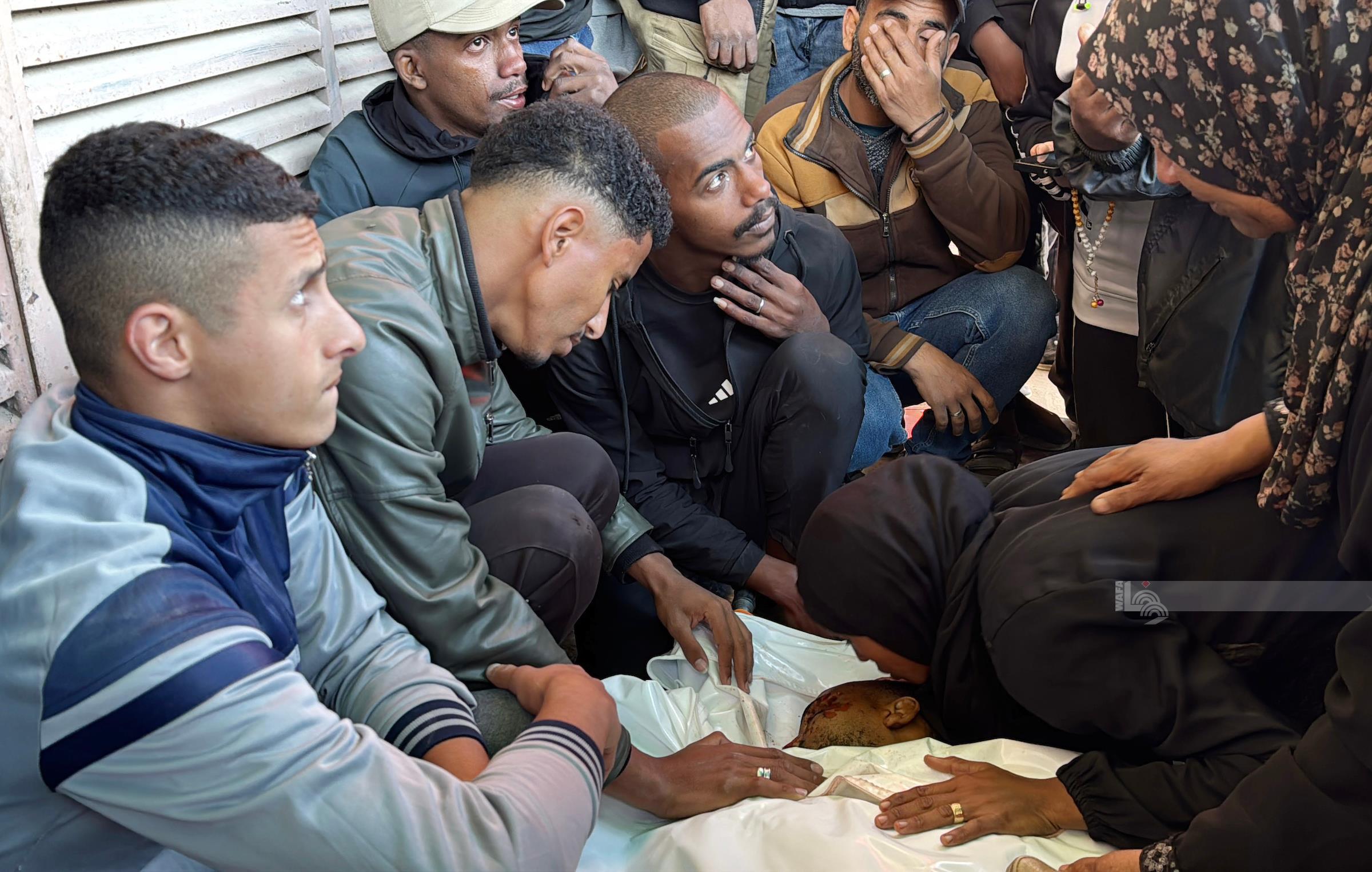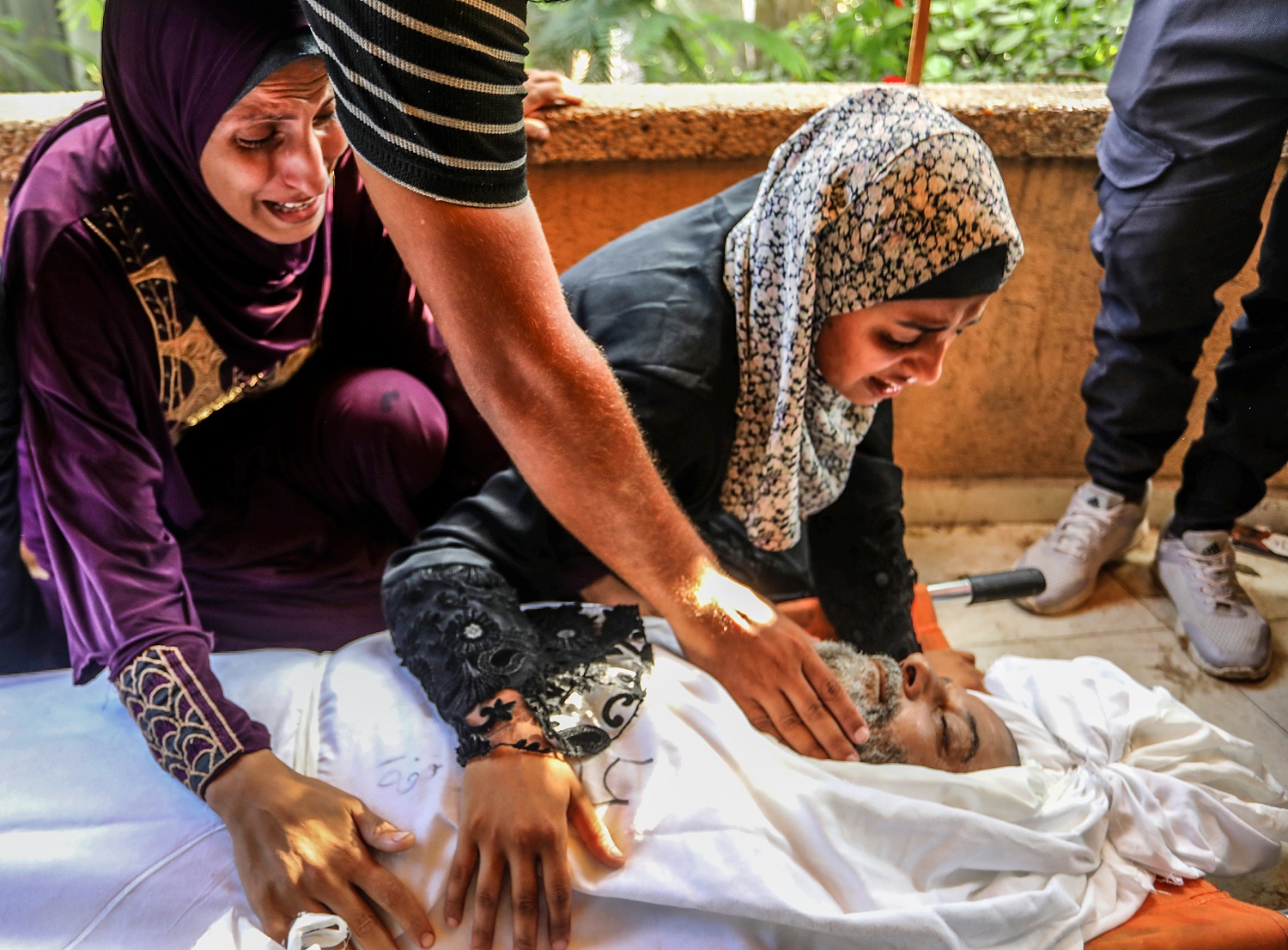25.5% of the sample was between 18-22 years old, while 33.4%, were between 23-27 years, 20.2% between 28-32 years, 16.5% were above the age of 33, and 4.4% below the age of 18 years constitute.
The findings of the survey showed that 34.2% of the total number of the sample had been arrested before; 45.2% had been arrested only once, 32.1% were arrested twice and 22.7% were arrested three times or more. Accordingly, 86.8% were sentenced and 13.2% were suspended.
According to findings, 41.8% of the families who have taken the survey, received humanitarian aid when their family members were in Israeli prisons. 68.9% of the aid came from the public sector, 13.0% from foreign agencies, 11.2% from the UNRWA, 8.9% from the private sector, 3.9% from NGOs, and 1.8% came from Arab countries.
Those families relied economically on different sources and means; 82.2% relied on a monthly income, 78.4% relied on an income from the government to their arrested family member, 65.3% delayed payment of bills, and 52.9% of the families borrowed money to pay their expenses.
Estimating the economic burden those families suffered due to their family members being in Israeli prisons, was estimated by per capita Group of annual Gross Domestic Product (GDP) in 2007 to be NIS 22,032, indicating that the economic need of each prisoner amounted to NIS 37,447.7.











